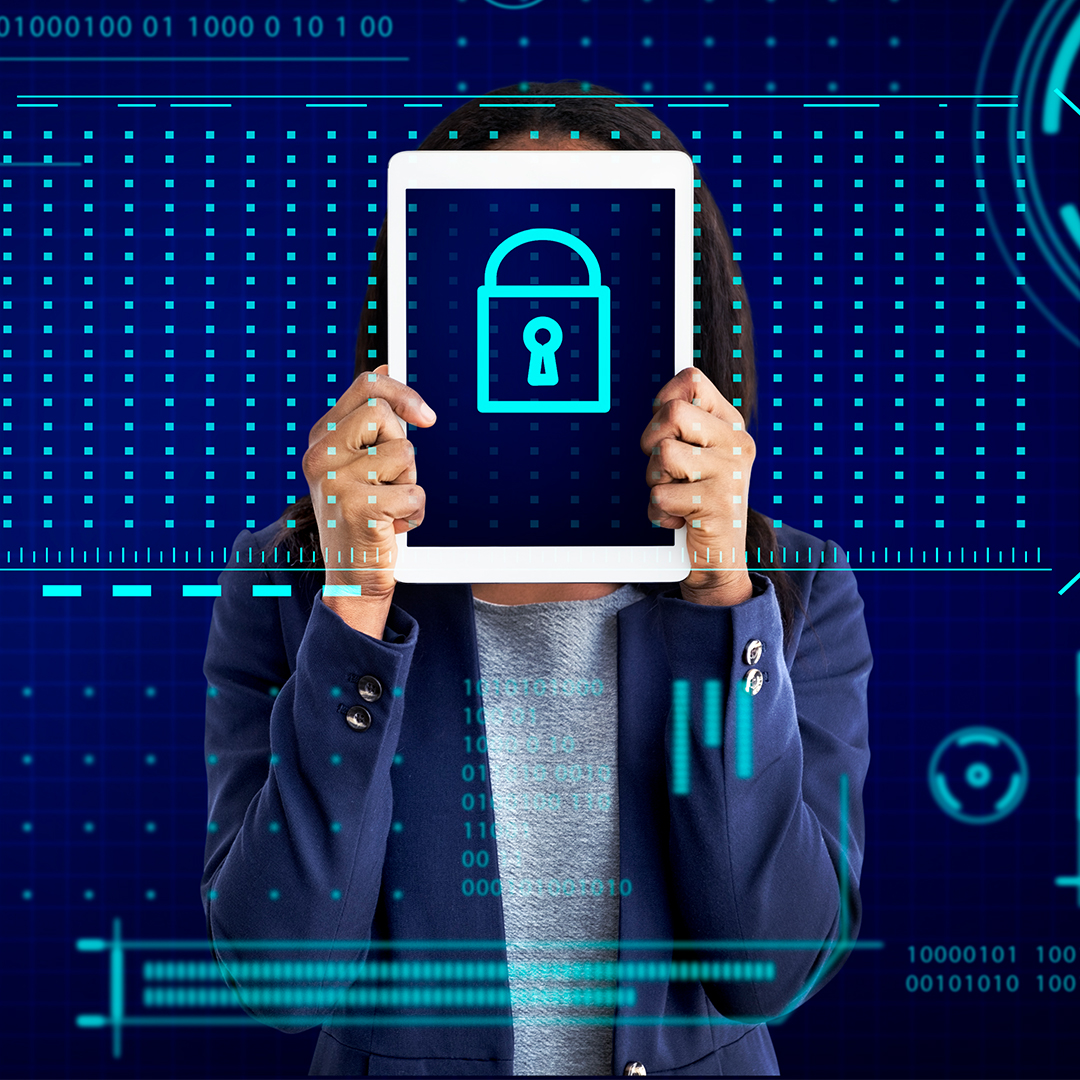Implementing IoT for ESG Compliance in Finance
IoT for ESG compliance is a company's adherence to environmental, social, and governance criteria. It is becoming more essential in the financial sector. Investors are increasingly looking for IoT service providers that promote sustainability, ethical standards, and good governance. This change is the result of a greater understanding of how these elements influence financial performance and risk management with the help of capable IoT solutions.
The Internet of Things (IoT) is a critical technology for championing ESG (environmental, social, and governance) initiatives. Companies employ interconnected devices to monitor and mitigate environmental effects. This improves governance through precise data when they have the backing of a seasoned IoT development company. This technologically advanced technique assists organizations in meeting regulatory standards while also attracting environmentally aware investors.
The application of IoT helps organizations to collect real-time data on energy use, carbon emissions, and other essential environmental parameters. It assists in reliable tracking, reporting, and optimization of sustainability activities, just like in custom software development. Furthermore, IoT implementation enhances accountability and transparency while establishing compliance with social and governance standards. Integrating such initiatives not only aids regulatory compliance but also increases stakeholder trust and promotes long-term investment choices.
Adopting the same with the support of an IoT services company United States is a strategic step towards nurturing a more responsible and sustainable financial industry. So, let’s explore how IoT for ESG compliance is becoming a big thing in today’s digital world.
ESG Compliance in Finance
The green aspect of ESG compliance assesses a company's responsibility towards nature. Also, the social side looks at its relationships with the workforce, consumers, vendors, and communities. Eventually, governance addresses the company's leadership, audits, and shareholder rights. These organizations carry out the same with the support of an established IoT service provider United States.
ESG compliance requires incorporating criteria into investments, properly monitoring performance, and managing evolving regulations with IoT services.
Considering these challenges, compliance is vital in ensuring the financial sector's sustainability and ethical operations with the help of an IoT development company. It enables organizations to better manage risks, capitalize on new possibilities, and fulfill the rising need for financially successful and socially conscious corporations.
The Internet of Things and ESG Compliance
The finance sector leverages the Internet of Things (IoT) to transform its processes by increasing efficiency, improving risk management, and providing new opportunities for engagement with customers. This influences traditional banking and investing techniques, allowing businesses to use real-time data to make better decisions and provide personalized financial services through IoT implementation.
Beyond that, IoT for ESG compliance makes a substantial contribution to environmental sustainability by facilitating efficient energy management and waste reduction.

It is done using IoT devices that can highly improve energy optimization to achieve a lower carbon footprint. Smart sensors, on the other hand, can keep track of waste levels, optimize processes for recycling, and cut down waste.
Regarding the social front, IoT for ESG compliance builds fair practices and worker safety by monitoring working conditions in real time and ensuring compliance with labor rules and regulations. It also tracks health indicators and environmental factors that alert users about risks or violations of standards.
Eventually, an IoT services company in the United States ensures transparency and enables enterprises to more efficiently comply with rules. IoT devices facilitate reporting on operations, complying with environmental regulations, and maintaining high governance standards using precise, real-time data. This strategy fosters trust among investors, regulators, and the public.
Applications of IoT for ESG compliance
Integrating IoT technologies to achieve ESG goals with the help of an IoT service provider in the United States has demonstrated unparalleled success. Let’s look at some instances where such applications help diverse industries in achieving this.
IoT-enabled waste containers improve waste collection, resulting in more effective recycling and reduced emissions.
Optimization of investment portfolios is done by investors using real-time monitoring that analyzes data so that they can favor companies with strong ESG records. This application of IoT promises that their investments are sustainable and ethical.
Integrating these IoT technologies has a favorable influence on both ESG compliance and overall company performance. They help them meet regulatory and reporting mandates more effectively, and also drive changes in environmental and social practices through accurate and timely data collection.
Moreover, proving commitment to ESG goals by integrating IoT solutions benefits a company's reputation. Compliance makes organizations more appealing to investors and customers who value sustainability and ethical practices which is also similar to custom software development.
Challenges and Considerations

Implementing IoT for ESG compliance raises technological and ethical concerns. It is mostly around privacy and data security as data breaches have an exponential nature with millions of users getting affected.
The reason is the risks associated with digital technology, such as IoT devices or solutions. They gather massive volumes of data, which, if not properly safeguarded, can result in severe privacy breaches and security risks.
The challenges with technology involve safeguarding the integrity and security of data from IoT devices. Otherwise, attackers will frequently target them because of the interconnected nature and occasionally weak security measures in the Internet of Things (IoT).
When securing data from IoT devices or during the application of IoT, it is imperative to use strong security protocols and encryption mechanisms. To protect themselves from emerging attacks, businesses should conduct frequent software upgrades and vulnerability checks.
Likewise, complying with ethical guidelines and legal regulations can help address privacy concerns by making data collection and processing clear and consent-based. During IoT device implementation/development, best practices include completing rigorous risk assessments and implementing privacy-by-design methodologies.
Conversely, companies must raise awareness and provide training to stakeholders about data privacy and security with the help of an IoT services company in the United States. Prioritizing these solutions allows them to overcome the hurdles of IoT adoption for ESG compliance, increasing confidence and reliability in their digital infrastructure.
Winding Up
IoT for ESG compliance requires continuous development and ethical responsibility. Both are essential cornerstones for IoT experts and enthusiasts who want to contribute to sustainable and ethical financial practices.
By always looking for methods to improve IoT security and efficiency, they can cultivate technical improvements to serve larger social and environmental objectives. To have a beneficial influence on the banking industry and beyond, IoT players must prioritize sustainability and ethics in their efforts. It can be effortlessly achieved when organizations partner with a professional IoT development company.


